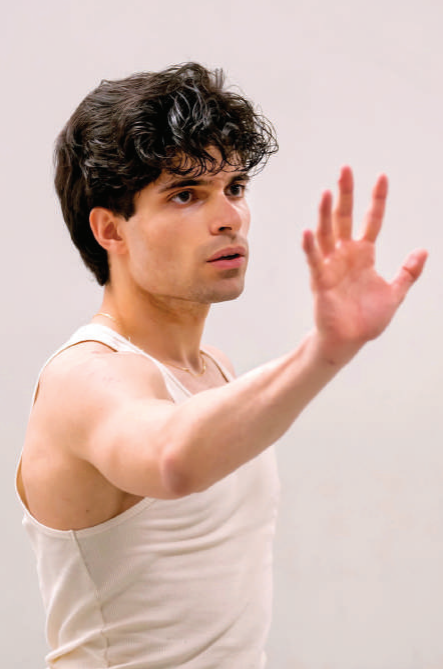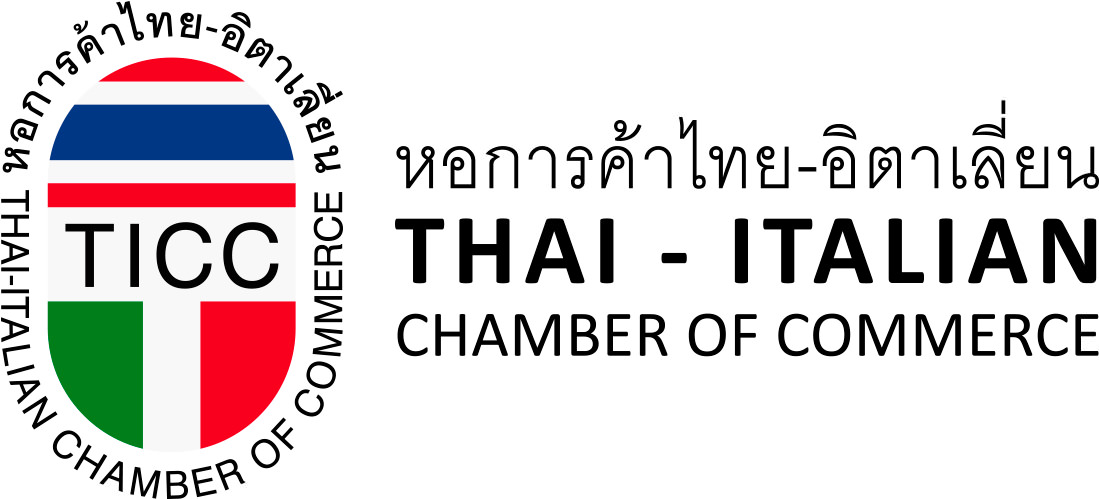“Dance provides a universal language”:Oliviero Bifulco, an Italian star in Bangkok’s stage

A room full of adults, teens, seniors, and even children welcomed the dance performance “Enhance Conversation” held at the Bangkok Art and Culture Center by the Italian Embassy in Thailand together with the British Council and Bangkok City Ballet.
The star of the performance was Italian dancer and choreographer Oliviero Bifulco, formerly a dancer with the Ballet La Scala, who, thanks to the invitation of choreographers Travis Clausen-Knight and James Pett, promoted a show that involved the audience in discovering the preparation and execution of a dance performance. The initiative, free and open to the public, is part of a series of activities aimed at discovering artistic disciplines and stimulating dialogue between countries, involving entities, people, and organizations. We interviewed Oliviero Bifulco to understand the opportunities of this type of initiative.
Oliviero, what context did you find in Bangkok during the week of rehearsals and during the performance?
I found a context with a lot of curiosity. The Thai dancers were welcoming, professional, and very precise. I saw so much eagerness. I never saw, during the entire residency, an inaccuracy or approximation.
What differences did you find between dance in Thailand and the same discipline in Italy?
In Italy dance is more subsidized, compared to Thailand. In Thailand, dance is still not very recognized, and the Bangkok City Ballet is making efforts to establish itself in the territory. These kinds of events aim to shine a light on this sector. I see a lot of desire to be there, and to share, both from the dancers and the audience.
What contribution can art and culture make in the context of international relations?
Art and culture can be a tool for sharing. Going on stage and going to the theater means sharing a moment with the community. Dance has a meaning of togetherness, and provides a universal language. I found myself on the other side of the world speaking the same language. In this field, dance can overcome limits that language imposes on us.
Art and culture allow us to live lives we have not lived, from the smallest performance that can make you experience a simple emotion, to a more complete work. Today, where everything is fast-paced, where there is little or no time for emotion, these disciplines are even more valuable, which is also why it is increasingly important to protect them.







